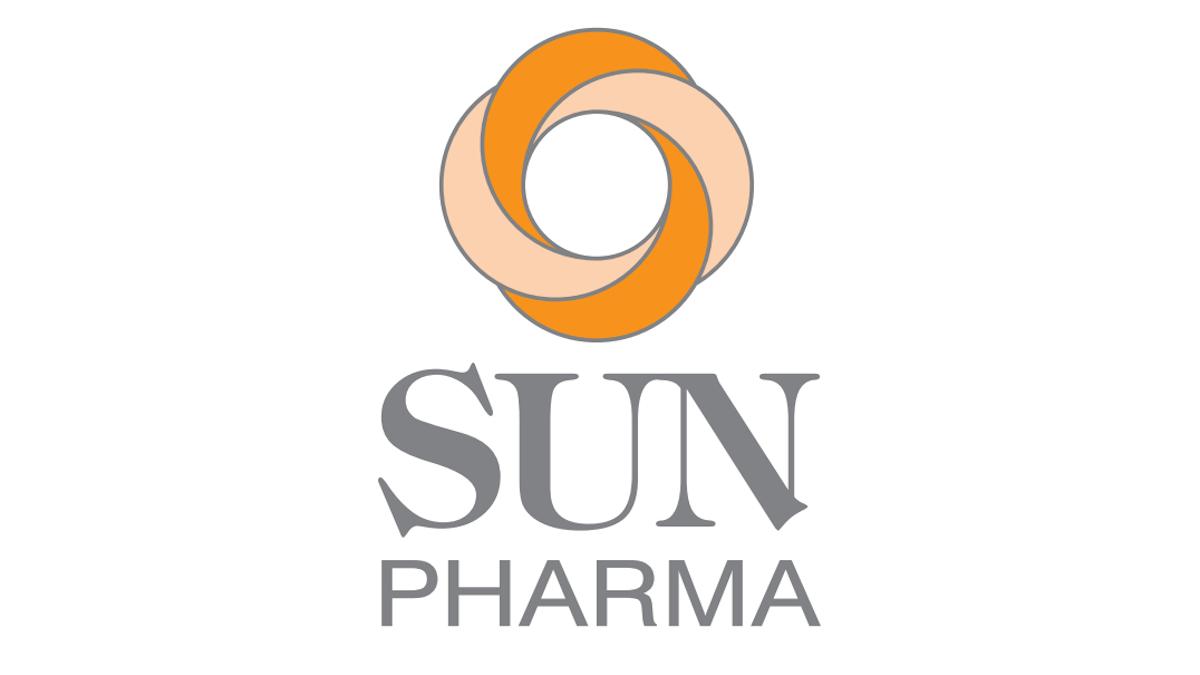Will the NHS force doctors to prescribe biosimilars?

NHS authorities could begin to use the reimbursement system as a “stick” to ensure doctors prescribe cheaper biosimilar medicines amid varied uptake in different regions.
The Medicines for Europe biosimilars conference in London heard that it is not concerns about the science that is an issue for NHS, but a lack of incentives for hospitals to switch to the cheaper alternatives that is a major barrier to their uptake.
In England, the NHS is split into “purchasers” of healthcare and “providers” – and finding ways to share the savings generated by biosimilars is proving to be an obstacle.
The answer in many cases has been “gainshare” agreements, where savings generated by biosimilars are spread between the Clinical Commissioning Group (CCG) purchasing the service and the hospital providing it.
But in some cases the CCGs and hospitals have been unable to agree on these gainshare agreements despite the dire financial situation in the health service.
Typically “gainshare” involve a 50-50 split of the savings, plus an initial investment to reconfigure services around the biosimilar.
And it’s these areas without gainshare where biosimilars are not being used, according to Maggie Dolan, regional pharmacy procurement specialist at NHS Commercial Solutions Surrey.
She told the conference: “In some trusts you have no uptake, in some trusts you have 100% uptake.”
Southampton hospital is often cited as an exemplar, where use of biosimilar infliximab – a near copy of MSD’s Remicade – in its gastroenterological use has shaved almost a million pounds from the hospital’s annual budget.
Southampton was able to implement use of biosimilar infliximab through coordinated working between patient groups, the manufacturer and commissioners.
But in the trusts where biosimilars are not being used, NHS authorities may choose to try and use the reimbursement system to force doctors to prescribe them.
Stick, not carrot
In the near future, drugs will be reimbursed at the price of the biosimilar – meaning that using the branded drug would quickly lead to hospitals racking up large debts, according to Dolan.
This will reflect very badly on them at a time when the NHS is under intense pressure politically to balance the books.

Maggie Dolan
Dolan said: “I think we are not very far away from seeing examples of just that kind of pressure being put on doctors.”
“We know the financial situation of the NHS and we will see quite quickly a move towards the ‘stick’ more than the ‘carrot’”.
The changes are unlikely to happen overnight, but over the next year or so as funding arrangements are reviewed on a piecemeal basis across the country.
Dolan added that uptake of biosimilar rituximab may be affected by a decision by NHS England to eschew a national gainshare agreement.
Reimbursement arrangements are national and NHS England has opted to give a refund to hospitals achieving usage goals under so-called CQUIN targets, Dolan noted.
Fighting talk from Denmark
Giving an update about biosimilar use across Europe, Steinar Madsen, medical director of the Norwegian Medicines Agency said Denmark has been one of the leaders in using biosimilars and nearly all hospitals use the cheaper near-copy.
Danish authorities have been “brutal”, threatening doctors with cuts to staffing and services if they do not use biosimilars, said Madsen.
Peter Jorgensen, director of the Danish generics and biosimilars industry body, IGL, said the Danish system is best described as “efficient”.
He predicted that AbbVie’s Humira (adalimumab) will also disappear from the Danish market once the biosimilar is available, possibly next year when its European patent expires.
He said: “Humira will be whipped off the planet in Denmark. AbbVie had their time, now it is time for somebody else to do the job.”












